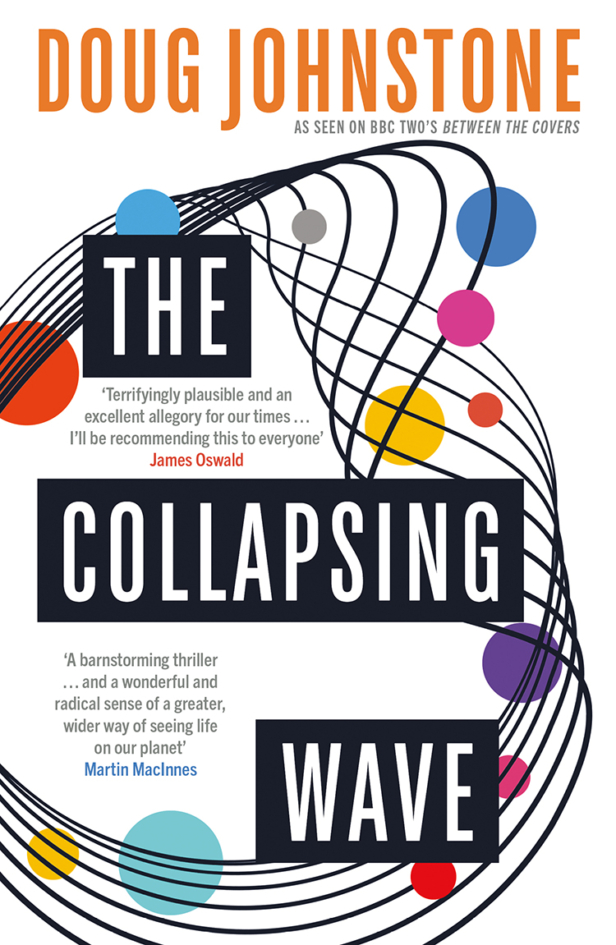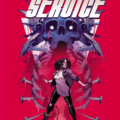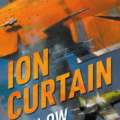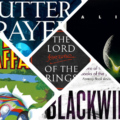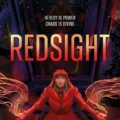Since I first watched Close Encounters of the Third Kind at the age of seven, I’ve been obsessed with the idea of First Contact. So when I finally got up the courage to write science fiction, it had to centre around contact between humanity and aliens.
The Space Between Us and The Collapsing Wave, the first two novels in my Encedalon trilogy, hopefully deal with this concept in a realistic and emotionally gripping way, but they very definitely owe a debt to some absolutely terrific books in this sub-genre.
Here are five of the best…
Story of Your Life by Ted Chiang
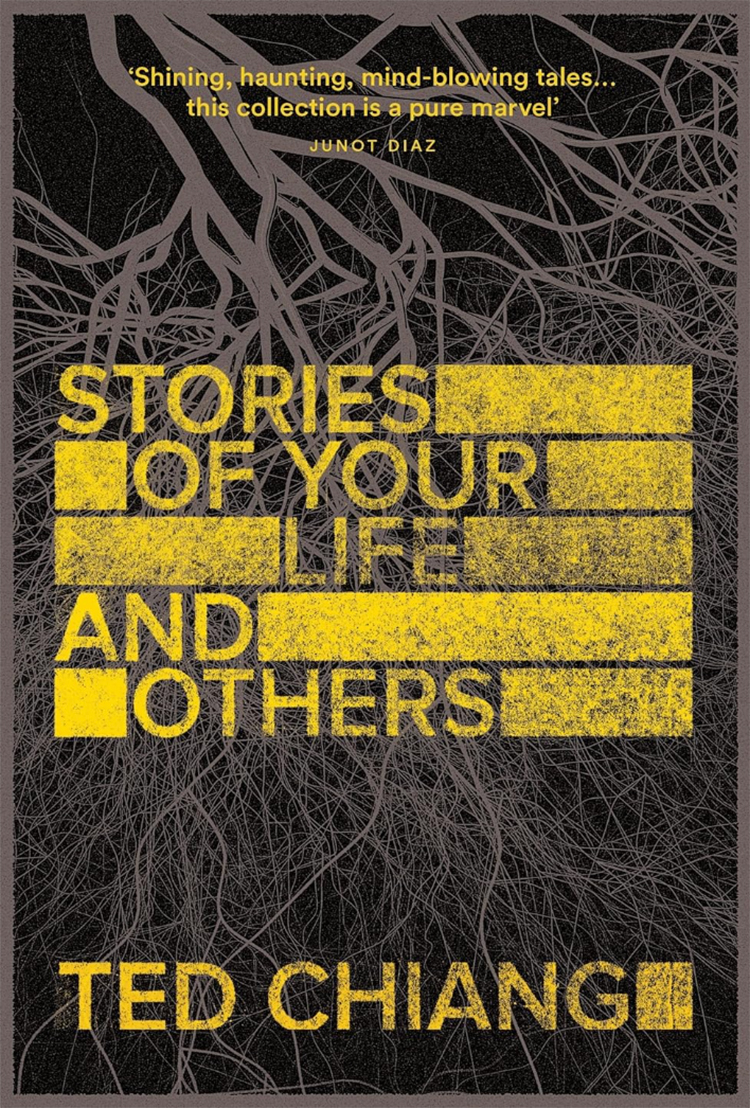
The Hollywood depiction of First Contact has mostly annoyed me – the idea of aliens coming to Earth to destroy or subjugate humanity, and they also happen to be quite humanoid and speak English and only attack the US. Such nonsense.
This novella by Ted Chiang, brilliantly adapted into the movie Arrival, is at the opposite end of the spectrum. Narrated by linguist Dr Louise Banks, it tells of a bunch of spaceships that mysteriously appear across the globe, and the battle to understand the heptapod creatures and why they’re here. This story jumps around in time and is so subtle and smart, while still having a heart-breaking emotional core to it.
The book covers big ideas about the nature of language, free will and time, yet still makes me cry every time the slow reveal comes into focus. A masterclass in writing.
Annihilation by Jeff VanderMeer
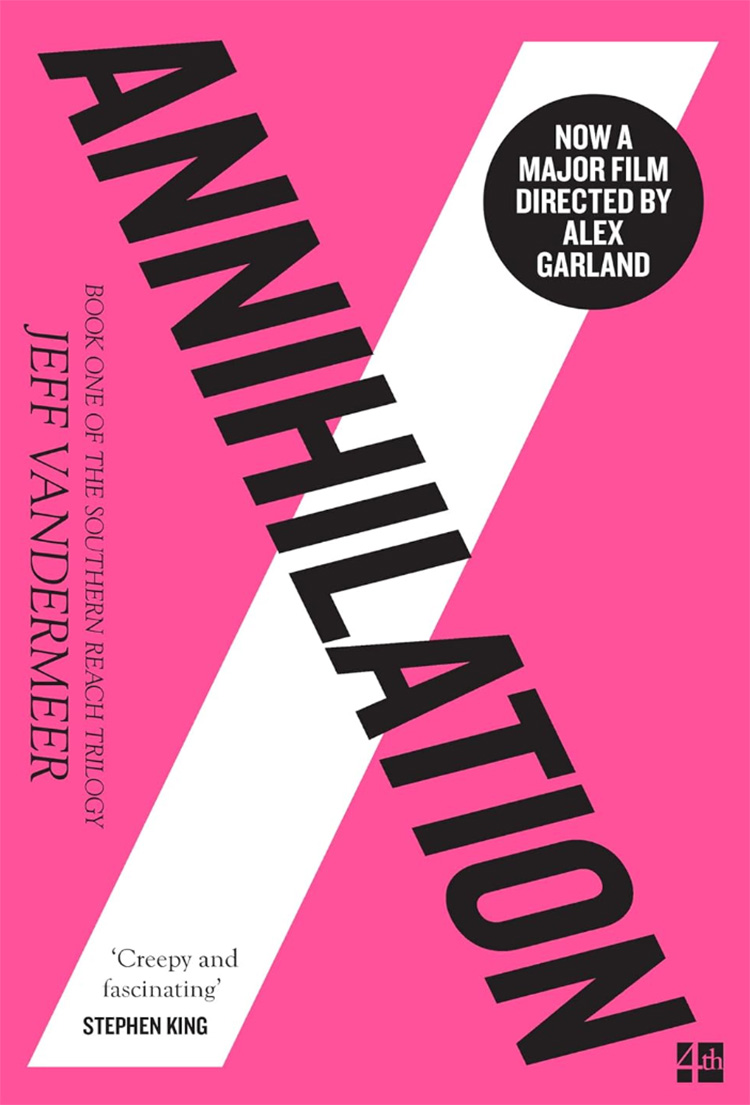
I love First Contact stories where the alien life is unfathomable to the human brain (Stanislaw Lem’s Solaris also falls into this category).
This first novel in VanderMeer’s Southern Reach trilogy is a terrific example of this, as we follow a team of four women – a biologist, an anthropologist, a psychologist and a military surveyor – as they venture into Area X, an abandoned and remote area of the American South where strange things have been seen.
They are the twelfth expedition, the others all having failed, and the story is narrated by the biologist, whose husband was on the previous mission. The group encounters alien hybrid animals and plants, and finds themselves disintegrating, both as a group and individually. This is a hallucinogenic trip of a novel, deeply unsettling and endlessly fascinating.
The Word for World is Forest by Ursula K. Le Guin
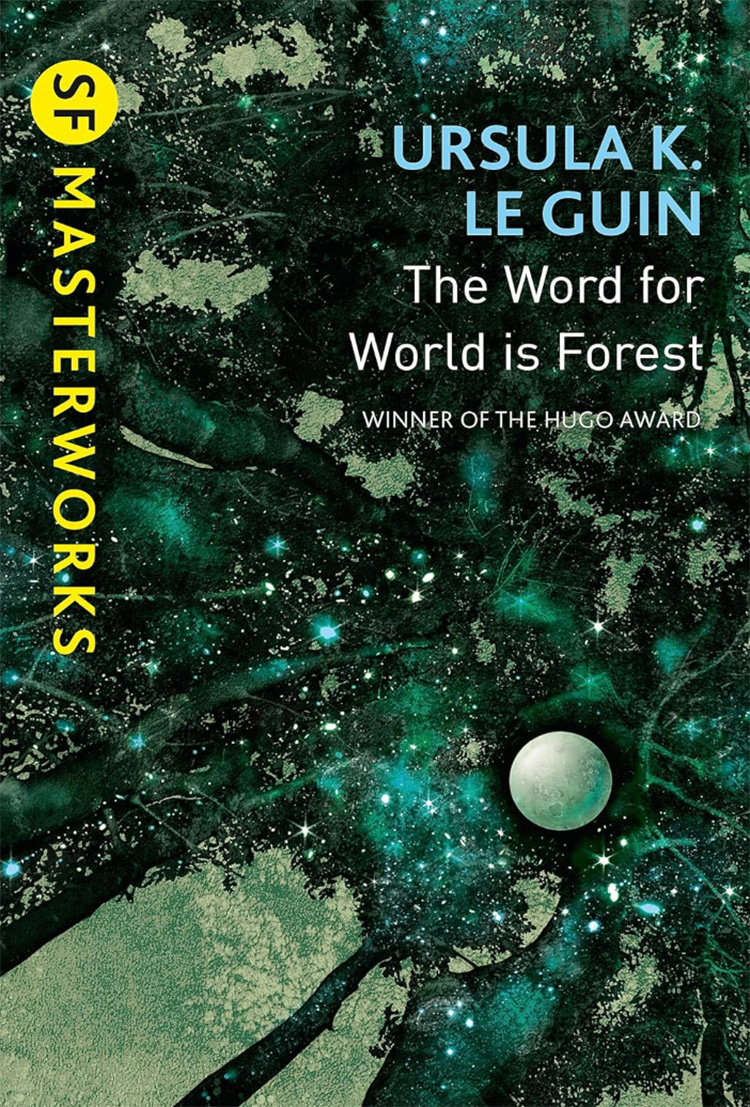
This 1972 novella packs one hell of a punch, and this is a book I return to over and over.
On the heavily forested planet of Athshe, human colonists have arrived with weapons in hand to start a logging operation. The native Athsheans, a race of monkey-like humanoids, are tortured and treated as slave labour and generally viewed as sub-human by the colonists. The Athsheans are non-aggressive and peaceful and frequently enter dream states which they don’t distinguish from waking. As the humans increasingly destroy their community and habitat, the Athsheans begin to fight back. But in the process of learning violence, the Athsheans are forever changed and their lives and culture diminished.
This is a very angry book about colonisation and the damage done to indigenous peoples with a distinctly ambivalent ending, which feels so honest and truthful.
To Be Taught, If Fortunate by Becky Chambers
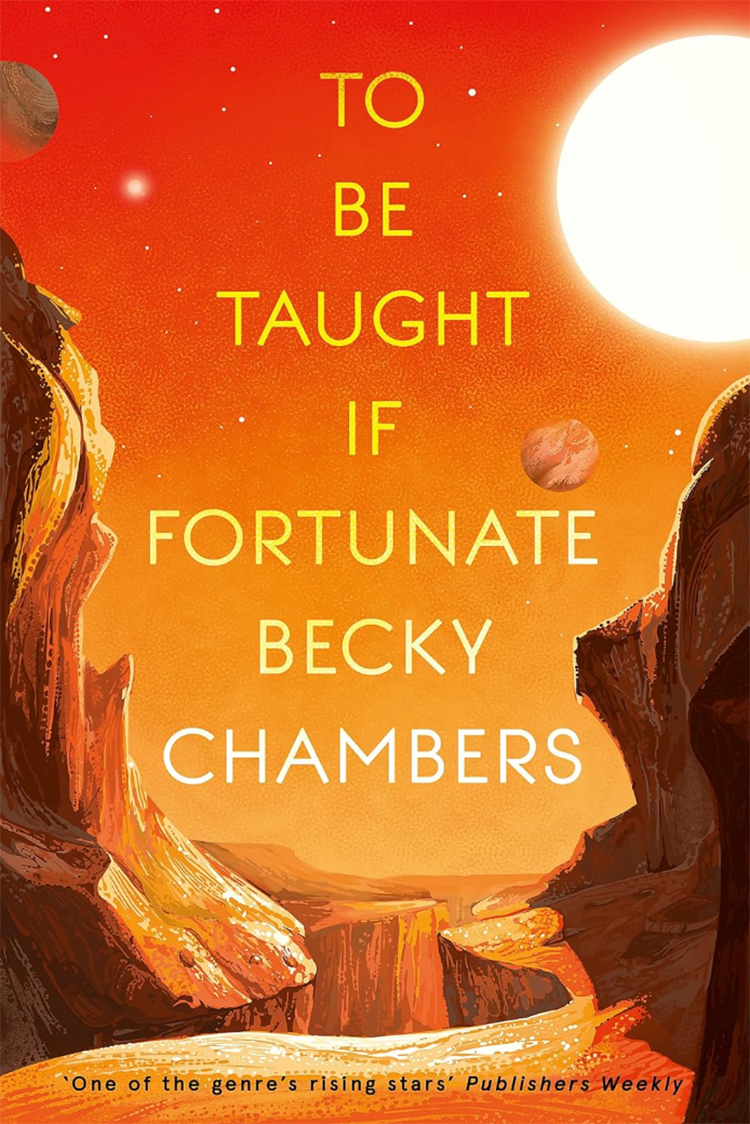
Becky Chambers is one of the best SF writers working today. I love her Monk & Robot series, and this standalone is a profound and humane slice of expertly written First Contact.
We are with four astronauts in the twenty-second century, exploring four exoplanets in a system fifteen light years from Earth. These explorers are the opposite of colonists, being ultra-careful not to disturb the life they find in these four very different environments. They are in sporadic communication with Earth, which grows less reliable as the story progresses, and the team is left with a life-changing decision when comms finally die.
Chambers writes with huge empathy and love for the diversity of life and the principles of scientific exploration. Complex and fulfilling stuff.
Semiosis by Sue Burke
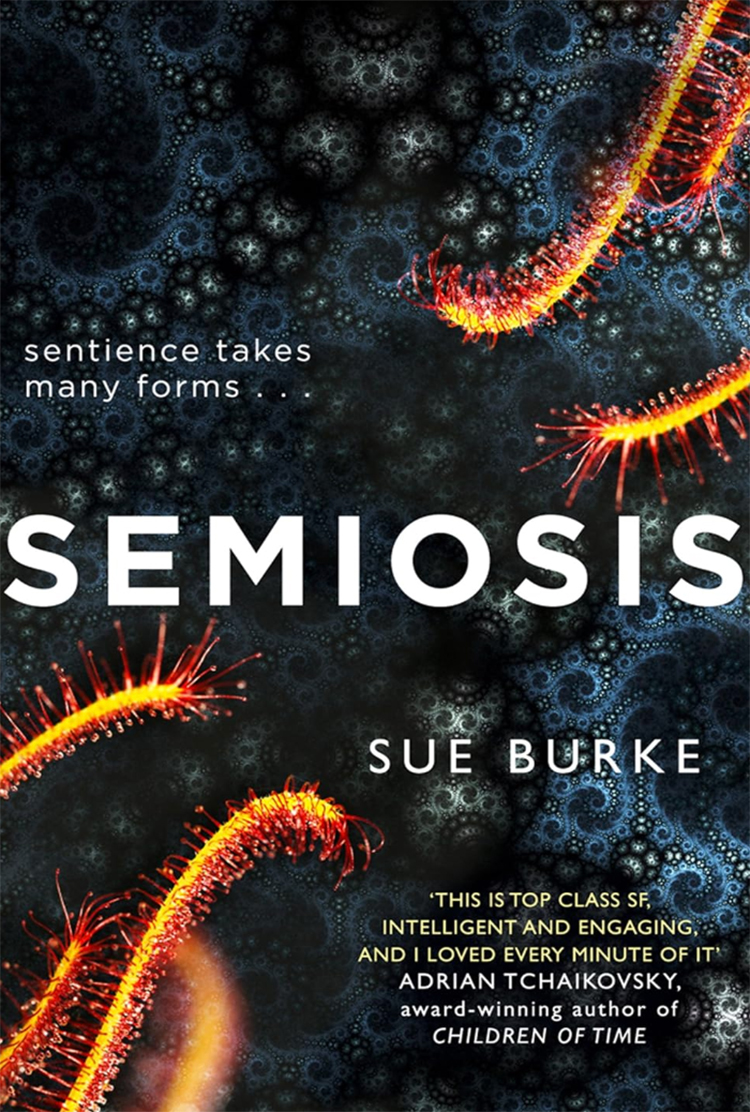
I spent a lot of time looking at animal intelligences and consciousnesses while researching my books. The idea that we can never fully understand another lifeform’s point of view is fascinating, and in this thought-provoking novel Sue Burke extends that idea to plants.
Humans arrive on the distant planet of Pax to discover a rich ecosystem of plants and animals. But here, plants have evolved intelligence far beyond their Earth equivalents, effectively domesticating animal life. The humans have to find a way to live in this environment, and a symbiotic relationship develops, which is fascinating and beautifully rendered on the page.
Burke jumps generations to look at this hot-house evolution in a tale that is endlessly fascinating and deeply moving into the bargain.
Doug Johnstone is author of The Collapsing Wave, sequel to the bestselling The Space Between Us, as seen on BBC2’s Between the Covers, the second book in the Encedalon Trilogy, published by Orenda Books. Order your copy here.
